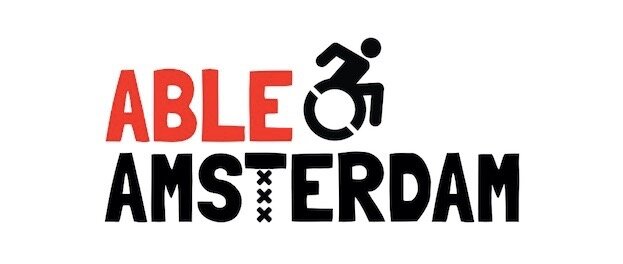16 Things I learned from surviving a near-fatal road accident (Part 2)
Below is the second installment of an earlier blog post, “16 Things I learned from surviving a near-fatal road accident”. Click here to read Part 1.
9. It’s very hard to comprehend that a traumatic event happened to you if you can’t remember it.
My memories of the accident are scattered. An ambulance. Aldrin asking me questions about my medical insurance. The realisation I had no front teeth. My new floral jumpsuit being cut off. Clumps of dried blood in my hair. All that, but no memory of the actual collision. Some days, I still can’t wrap my brain around the fact that it happened to me.
10. Just because something bad happened to you, doesn’t mean you deserved it.
People often talk about ‘karma’. The cause and effect belief that if you do good, good things will happen to you. Vice versa this suggests bad outcomes are a result of bad actions.
After my accident, one of my biggest questions was, ‘why me?’. If karma was true, I must have done something to deserve this. But what could I have done that would proportionally lead to a horrendous hit-and-run?
The answer, I realised, was simple. Nothing. I did nothing to deserve this. Life is unfair. Shit happens. End of.
11. Accident recovery is more than what you see on the outside.
Throughout my recovery, I’ve struggled more than the eye can see.
Flashbacks. Dizziness. Concentration problems. Short-term memory loss. Recurring dreams about car crashes and crushed scooters. And let’s not forget the emotional side of things, too.
12. The key to emotional recovery is finding a sense of purpose.
If I had to give one piece of advice to other road-accident-recovery-newbies, it would be this: find a way to feel useful and appreciated.
It took me a while to find ‘my thing‘. I made a half-hearted attempt to learn how to play guitar. I had a wonderful time volunteering at a local kindergarten. I spent more than a year exploring a newfound love for sewing (a.k.a. The Bag Lady ).
And then I found a passion for accessibility advocacy. Creating Able Amsterdam has given me a renewed sense of purpose, achievement, and appreciation. It pushed me to learn new skills and network within the disability community. All this has been instrumental in keeping me motivated throughout difficult days.
13. Recovery isn’t linear.
A lot of people assume my ability to cope is directly correlated with time. In reality, accident recovery is a rollercoaster ride. Some days I feel pretty good, while other days I feel utterly helpless. Up and down the rollercoaster I go.
14. Social media can be an amazing source of support and motivation.
To my surprise, I found a lot of comfort in social media. Instagram is full of accounts with motivational recovery stories, including @em_carey and @majotorrealba. Similarly, Facebook groups like “Broken Femur Victims Unite” and “Car Accident Survivors Support Group” connect thousands of international survivors. It’s been great to share experiences and feel understood.
15. Sometimes, laughter really is the best medicine.
Another crucial ingredient during recovery is a sense of humour. I’ve cried with laughter with a friend after my dentures flew out mid-sentence. I’ve had friends tell me supportively to “break a leg!” before important hospital appointments. My walk-in wardrobe was christened the ‘hobble-in’ wardrobe.
When I passed the time sewing Bag Lady tote bags, my friends brainstormed totally inappropriate but funny collection names, like “tragedy totes“, “pity purses“, “disability duffles”, and “hit-and-run handbags“. You just can’t expect to survive this thing without a laugh.
16. Surviving a road accident will change you forever.
I don’t think anyone can survive such an experience without getting some sort of a wake-up call.
My own accident led me to an unbelievable appreciation of privacy, dignity, mobility, and independence. I wouldn’t have batted an eyelid at these words before all this. Yet now I value them more than I can articulate.
This was the second installment of an earlier blog post, “16 Things I learned from surviving a near-fatal road accident”. Click here to read Part 1.

